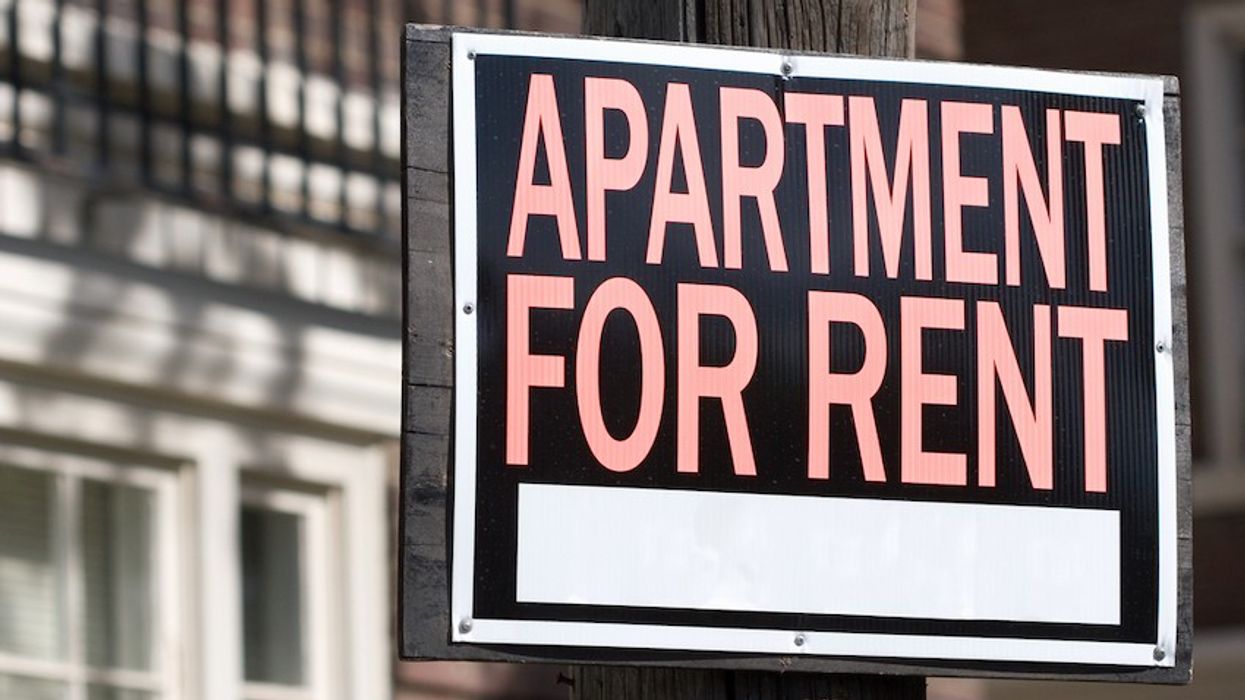Newcomers face up to 11 times as much discrimination as non-newcomers when searching for rental housing in Toronto.
This is according to a new report from the Canadian Centre for Housing Rights (CCHR), which explores the scope of rental market discrimination faced by New Canadians, defined as those who have arrived in Canada in the last 10 years. Insights included in the report are reflective of an audit undertaken by a diverse team of CCHR staff, research assistants, and volunteers earlier this year. The research team inquired about over 1,300 rental listings across the Toronto area.
“Every year, the Canadian Centre for Housing Rights (CCHR) receives hundreds of calls from newcomers who report experiencing discrimination and other barriers to accessing rental housing,” writes the organization. “Often, newcomers tell us they can find an apartment to rent, but all too often their applications are denied based on their immigration status, racial or ethnic background, the composition of their family, or because they receive social assistance. Sometimes, housing providers do not say why they are refusing to rent to them, even when they can afford the unit and can provide all the information landlords are legally permitted to request.
“As a result of carrying out the audit, we found that racialized newcomers to Toronto face a high degree of discrimination in the rental housing market. This was further confirmed by a survey and interviews in which newcomers shared the myriad challenges they experienced trying to access housing in Toronto’s rental sector.”
The CCHR’s data reveals that, for both men and women, disclosing newcomer status to rental providers tends to lead to some form of discrimination.
Over the course of the audit, female callers with accents presenting as racialized faced 62% more discrimination compared to female callers without accents, while male callers with accents faced a 267% increase in discrimination.
It was a similar story when the auditors contacted rental providers via email. Those with names that presented as female experienced 30% more discrimination when their names were also racialized, compared to those with non-racialized names.
In addition, racialized female auditors who disclosed caring for a child faced a staggering 563% increase in discriminatory treatment compared to those who did not disclose parental status.
“Toronto’s out-of-control rents combined with a limited and diminishing supply of affordable housing is a dreadful rental market for newcomers to navigate and successfully secure housing in,” says Bahar Shadpour, the Director of Policy and Communications at CCHR. “Landlords have become very selective about who they rent to and often have stringent requests and application criteria for newcomers."
Shadpour adds that in order to mitigate discriminatory behavior and increase access to housing, “governments must enforce our human rights protections and adopt policy solutions that meet the unique housing needs of newcomers and refugees.”
In that vein, the CCHR also outlines nine policy recommendations in their report, including the creation of new funding streams for programs to support newcomers, no-fee guarantor services for newcomers, and a system for meaningfully enforcing Human Rights Code protections related to housing.





















